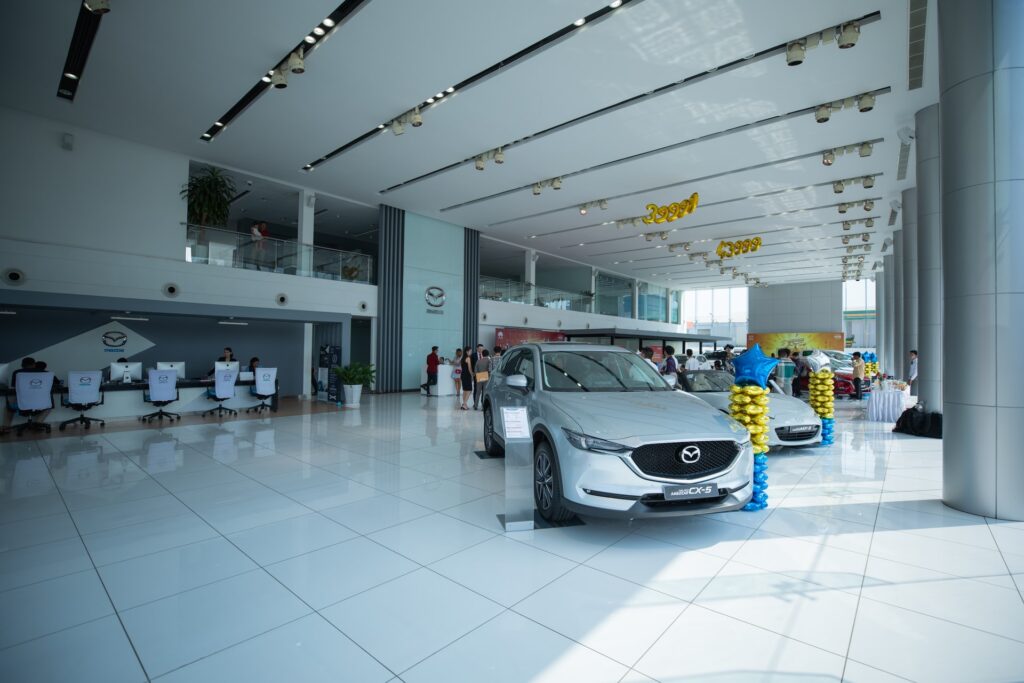No matter your company’s size, it is almost certain that leasing a vehicle or several is better for your finances than traditional financing or purchases. In the simplest sense, business car leasing is a hassle-free and cost-effective way to provide new business-use vehicles for your employees.
Leasing allows business owners to choose the best terms and number of miles to be driven. As a more attractive and flexible solution, you can lease any number of vehicles and choose the best combination of vehicles to meet your business needs.
Here is a guide that will help you focus your attention on what you should look for in a business lease vehicle.
How to choose a car that is right for you

There is no such thing as the universal best long term rental car because there is no one-size-fits-all formula. To pick a vehicle that will serve your needs, think about the car’s primary use.
Suppose you plan to use it for short trips in the city, where size matters when finding a parking space. You are going to benefit from leasing a smaller, more maneuverable car. If you need a car that’s faster and comfortable for inter-city journeys, get a more spacious sedan that provides extra space and safety for your trips.
Alternatively, you could simply leave this selection and the rest of the work to professionals, such as the skilled folks at Haines Fleet. Either way, read on to find out what else matters when searching for a business lease vehicle.
Open vs. closed lease
When you start negotiating a lease for a company car with a car dealership, you will probably be offered two options: an open lease and a closed lease. The first option is provided more frequently when it comes to leasing cars to a business.
In the case of an open lease, the lessee pays the difference between the residual value (estimated resale value) and the actual resale value at the end of the lease. If the vehicle is driven more than estimated, the real resale value can be low, which means increased costs for you as the customer. On the other hand, at the end of a closed lease, the lessee pays only extra mileage and extraordinary damages.
What is residual value?
The residual value of a leased car is what the leasing company expects the vehicle to be worth at the end of the lease. This figure, which is usually provided in your lease agreement, is essential for two reasons: It’s part of how your monthly lease payments are calculated, and it’s what the car will cost if you have the option to buy it when the lease ends.
A residual percentage will be provided when signing the car lease agreement to help you calculate your car’s value at the lease-end. Your lease payment is basically the depreciation, split up over the lease period with fees and interest included.
Lease term length

Shorter-term leases are more costly than long-term ones because the residual value goes down faster in the first two years. You can try to negotiate a longer lease, but deciding to end a longer lease early could be costly. Besides, the longer the term of your lease, the lower the residual value will be (because the vehicle will be older when you return it). In the end, you will end up paying more in total depreciation with a longer-term lease.
Estimated Annual Mileage
Typically, leases come with a thousand miles per month limit, i.e., 12,000-mile annual limit, but if you think you will be running at more than 12,000 miles a year, it’s worth it to pay extra for the additional mileage. This might prove to be more cost-effective than paying for the additional mileage at the end of the lease.
Taxes for Lease Costs
You can deduct what is considered “ordinary and necessary” lease costs for a car you use in your business. Be aware that you can only deduct business expenses for that vehicle, not personal expenses. You must calculate the year’s actual driving mileage to prove that you drove the car more than half the time.
You can also deduct interest on an auto loan, registration and property tax fees, and parking and tolls in addition to the standard mileage rate deduction, as long as you can prove that they are business expenses.
Also, don’t forget about sales taxes. Check your local laws to see if they charge sales tax on vehicles leased for a year or more. In general, the lower the cost of the car, the lower the sales tax rate.
